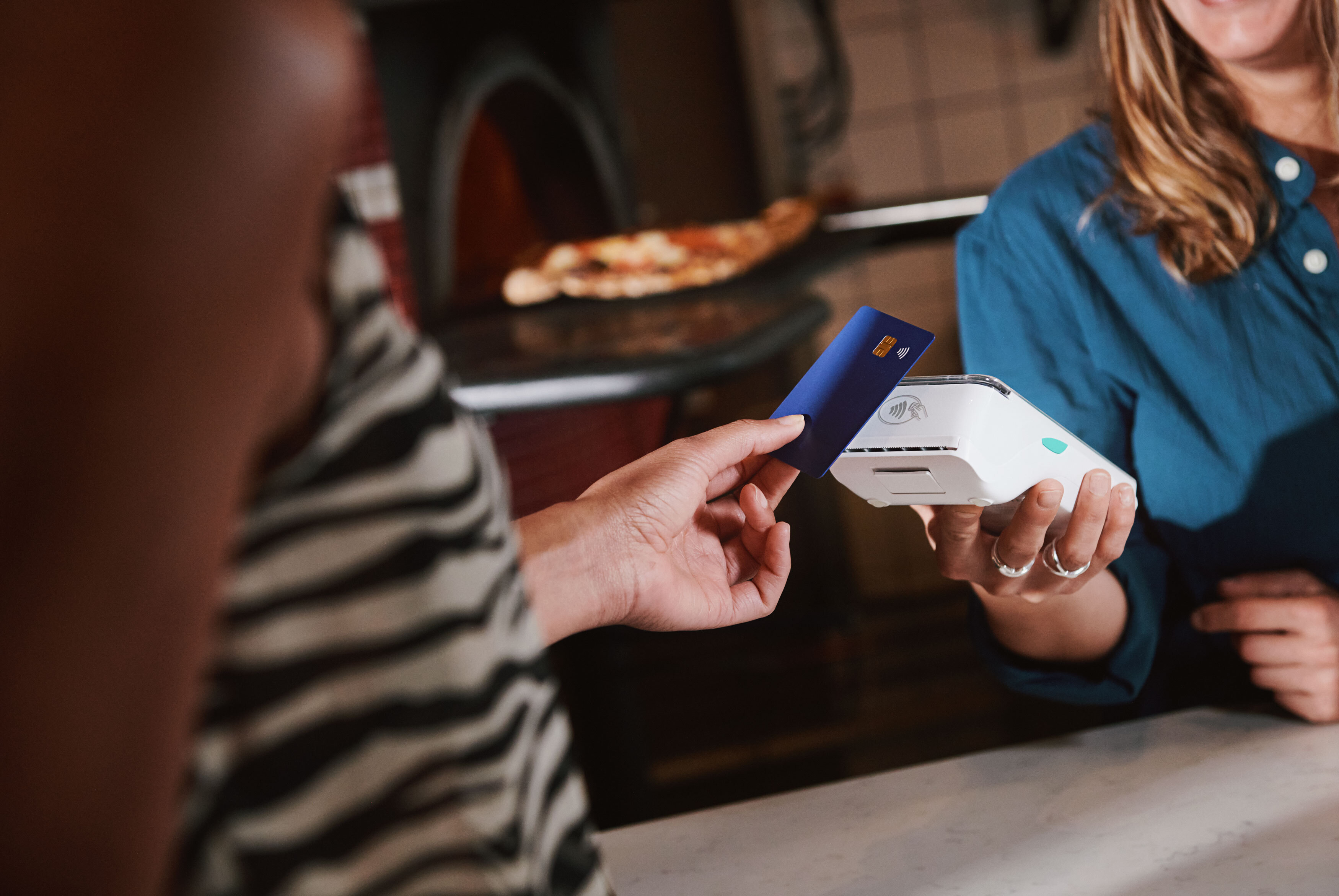Planning an event that involves alcohol, entertainment, or late-night activities as a scaling enterprise? A Temporary Event Notice (TEN) is the correct way to ensure the legalities are ticked off without needing a full premises licence. From planning a festival, a private party, or a pop-up bar, understanding how to apply for a temporary event licence is crucial. In this guide, we'll walk through everything needed to ensure the event complies with regulations – from licensable activities to applying for a late TEN and next steps.
In this article, we'll cover:
- What is a Temporary Event Notice?
- Examples of licensable activities
- What is regulated entertainment?
- Who can give a Temporary Event Notice?
- Restrictions
- How to apply
- What happens next?
- Successful applications
- How Dojo can help
Planning made simple: What is a Temporary Event Notice?
A Temporary Event Notice (TEN) is essential for running events that involve licensable activities, such as selling alcohol or hosting late-night entertainment, without the need for a full premises licence. Ideal for short-term events, a temporary event licence ensures everything stays compliant with regulations.
Getting legal: Examples of licensable activities
Licensable activities cover the sale or supply of alcohol, late-night refreshments, and regulated entertainment. These apply to events like weddings, festivals, or private parties, often using a Temporary Event Notice (TEN) as a faster alternative to a full alcohol licence.
If the event involves any of these activities, a Temporary Event Notice form must be submitted to the local authorities. For enterprises managing multiple events, a premises alcohol licence might offer more extensive coverage as it allows for ongoing, regular activities involving alcohol sales and other licensable activities at a fixed location, rather than requiring a separate notice for each event.
For enterprises, this provides continuous permission for licensable activities without the need for repeated applications for each event, saving both time and administrative effort.
Party rules explained: What is regulated entertainment?
Regulated entertainment refers to activities like live music, DJ sets, or large-scale screenings of films or sports events. Events featuring regulated entertainment may require a temporary event licence to ensure compliance with licensing laws.
Approval unlocked: Who can get a Temporary Event Notice?
Anyone over the age of 18 can apply for a Temporary Event Notice. This could be the premises owner, the designated premises supervisor (DPS), an employee present at the event, or a third party hosting the event. A personal alcohol licence is not required to apply, but holding one increases the number of TENs that can be submitted annually.
The fine print: Restrictions
Some restrictions apply when applying for a TEN licence:
- Premises limit: A maximum of 15 TENs can be issued for the same premises within a calendar year.
- Personal limit: Personal licence holders may submit up to 50 TENs annually, while individuals without a personal licence are limited to five.
- Event spacing: Consecutive events at the same premises must be separated by at least 24 hours.
- Capacity limit: Each event can accommodate up to 499 attendees at one time.
- Duration: A single event can last up to 168 hours (seven consecutive days).
The process: How to apply for a TEN licence
Applying for a TEN licence is a straightforward process. The Temporary Event Notice form is typically submitted online through the local council’s website. Event details, such as venue, licensable activities, and dates are required.
Late temporary event notices
For those who miss the deadline for the initial temporary event notice, a late TENs notice offers a second chance. These are processed within five to nine working days, making it essential to act quickly to avoid delays.
Steps ahead: What happens next
Once the temporary event application form is submitted, it is reviewed by local authorities. If no objections are raised, the TEN licence is granted. In cases where concerns arise – such as noise or safety issues – authorities like the police or council may intervene to raise objections.
Objections
If objections are raised during the application process, there is usually an opportunity to address the issues, whether through altering the event’s schedule or limiting certain activities. In the event of rejection, an appeal can be filed with the local council.
Appeals
If a TEN notice is rejected, an appeal can be made through local magistrates' courts, providing clear reasons for why the initial rejection should be reconsidered.
The green light: Successful applications
Once approved, a TEN licence allows the event to proceed legally. For larger or recurring events, applying for a premises licence might offer more flexibility and eliminate the need for multiple TENs.
Displaying the notice
The Temporary Event Notice must be clearly displayed during the event to ensure that visiting authorities can verify the event’s compliance with local laws.
Potential fines and penalties
Failing to follow the regulations around TEN notices can result in fines or other penalties, including losing the TEN licence. Ensuring that all legal requirements are met is key to avoiding issues.
How Dojo can help
Our card machines make processing payments smooth and reliable, so once your TENs notice is approved and the event is in full swing, payments can be taken quickly and securely. Whether it’s an event at a full-service restaurant or a quick-service venue, we will help you accept card payments seamlessly, giving you more time to focus on delivering a successful event.
For more insights on growing your business, check out our blog.



